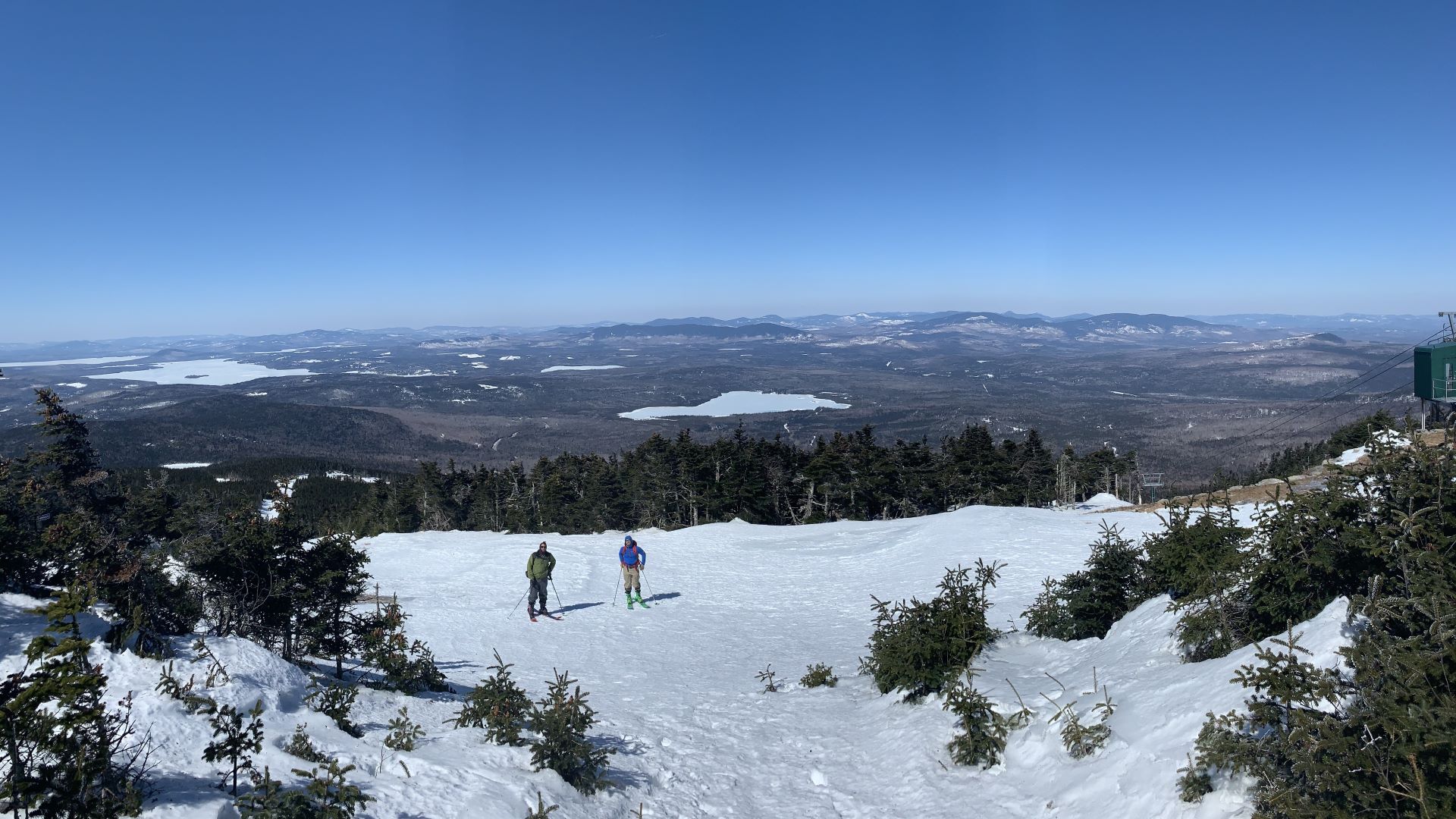After months of deliberating, Maine’s largest land use authority is advancing a rule that requires short-term rental owners across its 10.4 million-acre expanse to register their rental properties with the state.
The Land Use Planning Commission unanimously voted on Wednesday for staff to start drafting the rule’s language after rejecting more stringent, previously proposed standards that would have regulated rentals’ occupancy, parking and wastewater, but not without debate.
Most on the nine-member board favored the public notice rule, which adds short-term rentals as a defined use and requires owners to file notice of their properties with the LUPC, as a way to map the extent of short-term rentals in its service area.
Those in favor of the public notice rule argued that it would immediately inform owners of the LUPC’s intent to regulate their units and leave the option to pass additional rules on the table.
Some members, however, including Oxford County’s appointed Commissioner Lee Smith, said that the LUPC should implement wastewater and parking standards for short-term rentals right away — no longer delaying a rulemaking process that has already spanned the past year and a half.
“It’s almost inviting people to kind of get away with stuff in the meantime,” Smith said. “I don’t think it’s very helpful.”
The LUPC began exploring potential regulations of short-term rentals hosted on platforms like Airbnb and Vrbo in March of 2023, amid growing complaints from residents in the unorganized territories around Maine, according to the group’s executive director, Stacie Beyer.
“We have felt an increase in the number, the breadth and the intensity of the complaints coming in,’’ Beyer said at the time.
At the beginning of 2022, there were 570 active short-term rental listings in the LUPC service area, according to data gathered by the LUPC from AirDNA, a database that summarizes rental listings from Airbnb and Vrbo.
Many of those were in the lakes and mountains region, where Rangeley and Sandy River Plantations together had over 100 listings.
More recent AirDNA data on the Rangeley Lake area — including parts of Rangeley Plantation and up toward Kennebago Lake — show an 48% increase in available rentals between this June and three years ago, from 320 to 474.AirDNA no longer allows the LUPC access to that specific data, according to a September memo, highlighting the significance of a notification rule that allows the commission to map rentals internally.
Commission staff members held listening sessions across its service area last summer, accepting comments on proposed regulatory options and hashing out discrepancies between rental owners and neighboring residents at in-person and virtual meetings.
Throughout this past year, commission members have toiled with some of the staff recommendations that came from those comments and listening sessions, often tabling rulemaking decisions in favor of gathering more information.
Outside of the notification rule, LUPC planners have also proposed a limit on short-term rental occupancy at two people per bedroom and adding requirements around parking and subsurface wastewater disposal that align with other state regulations.
There were also proposals to impose specific requirements on rentals within 250 feet of shorelines — an attempt to alleviate concerns that those properties pose the highest risk if frequent use or a high number of occupants stresses wastewater systems to a point of dysfunction, leaking into waterways.

Commissioners quickly scrapped those shoreline-related applicability standards during the Wednesday meeting, however, saying that the criteria could confuse rental owners, create additional work for planners and disregard the potential impact of rentals just beyond the 250-foot threshold.
Arguments for simplicity and effectiveness ultimately won out, with commissioners voting unanimously to approve the public notice rule (one was absent). Commissioners reiterated before the vote that they would reconsider additional short-term rental rules in the future should complaints arise, and that this proposal would allow the LUPC to directly contact rental owners who are the subject of complaints.
“I think … taking a slow approach to this … is our best approach,” said Commissioner Everett Worcester. “It doesn’t prevent us from applying standards in the future, but it puts people on notice that we’re aware that problems have existed. It helps people understand that they need to take action and not just ignore any situations that maybe neighbors are bringing to their attention.”
Now that the rule has been approved by commissioners, LUPC staff members will draft specific language for final approval.







